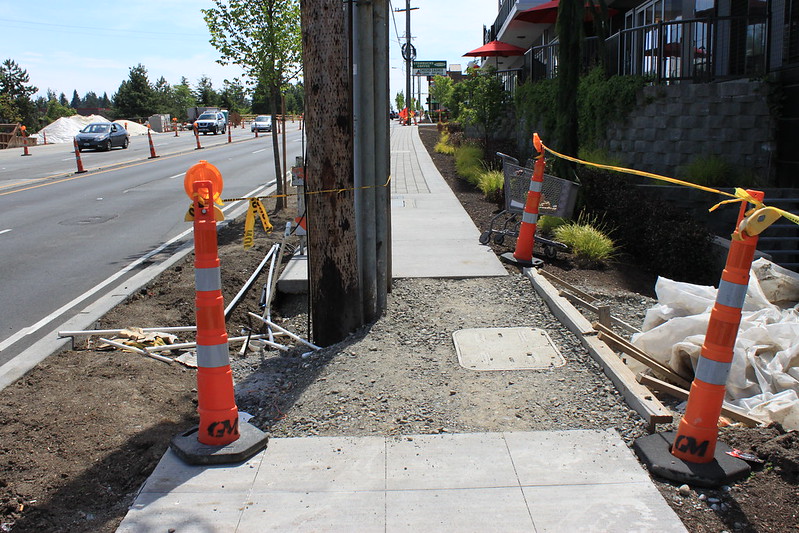Construction Industry Statute of Repose Applies to Improvements Dedicated as Public Property
In Garamella v. City of Lebanon, et al., 2022 Tenn. App. LEXIS 24 (Tenn. Ct. App. Jan. 24, 2022), the court rejected a plaintiff’s argument that the 4-year construction industry statute of repose did not apply in favor of the defendant contractor where the improvement had been dedicated to the City. In Garamella, the plaintiff claimed that she suffered physical injuries when she tripped over a clean-out cap in the middle of a neighborhood sidewalk. The sidewalk was substantially complete and dedicated by the contractor to the City in 2006. The plaintiff’s injury occurred in 2017, and the plaintiff filed suit in 2018 – all well outside the 4-year construction industry statute of repose (Tenn. Code Ann. § 28-3-202).
The Tennessee Court of Appeals confirmed that the 4-year construction industry statute of repose (Tenn. Code Ann. § 28-3-202) that runs in favor of parties involved in the design and/or construction of an improvement still applies when the improvement has been dedicated to a public entity.
The contractor, as expected, moved for summary judgment on the basis of the 4-year construction industry statute of repose (Tenn. Code Ann. § 28-3-202). The court granted the motion (as well as the motion filed by the City on different grounds). The plaintiff appealed. On appeal, the court addressed the plaintiff’s argument that the 4-year construction industry statute of repose did not apply in favor of the contractor where the sidewalk was dedicated to the city. The court described the plaintiff’s argument as “thinly supported.” The court explained, in rejecting this argument, as follows:
The applicable statute of repose does not support such an argument. Accordingly, [contractor] may not be held liable for negligence unless it undertook a duty to maintain or warn about a dangerous condition on the sidewalk beyond the four-year statute of repose. Tenn. Code Ann. § 28-3-202.
While the decision in Garamella offers little in terms of the actual argument advanced by the plaintiff, it reinforces the fact that the 4-year construction industry statute of repose (Tenn. Code Ann. § 28-3-202) is routinely enforced by Tennessee Courts – with very few exceptions – and efforts to create arguments against enforcement are routinely rejected by both trial and appellate courts in Tennessee.
Photo credit: SounderBruce licensed under Attribution-ShareAlike 2.0 Generic (CC BY-SA 2.0)





